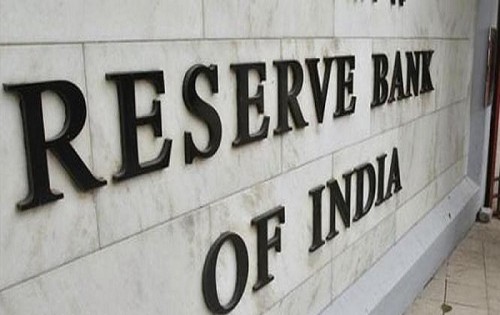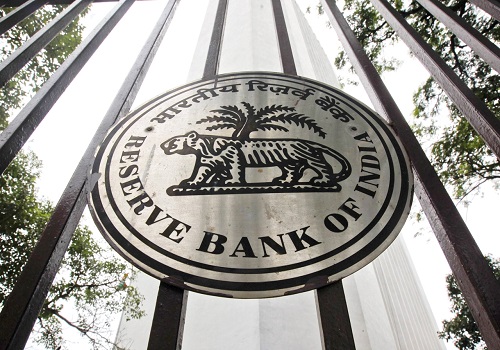Rice in households' inflation expectations impacts their savings in debt-based instruments: RBI paper

Follow us Now on Telegram ! Get daily 10 - 12 important updates on Business, Finance and Investment. Join our Telegram Channel
A working paper released by the Reserve Bank of India (RBI) has said that when sentiments about future inflation are on the higher side, households change their savings portfolio with respect to bank deposits. It said inflation expectations play a vital role in regulating households' consumption behaviour and consequent savings. It found that an increase in the households' inflation expectations impacts their savings in debt-based instruments, like bank term deposits, negatively; thus, indicating their reduced preference for bank term deposits when they expect rising inflation.
The paper said especially in the case of a developing economy, it is desirable for households to save in financial instruments like debt or equity, which can be utilized further into production enhancing activities. However, it said considering the still nascent stage of development of corporate bond markets and low awareness of equity markets; the financial instrument accessible for most Indian households is bank deposits. It noted that if households expect inflation to pick up in the medium term and they suspect low returns due to low real interest rates, it may be preferable for them to invest in commodities like precious metals, jewellery, etc., than saving in term deposits.
It further said changes in inflation expectations do not necessarily reflect the volatility of any particular food item; rather various food items, irrespective of their weight in the Consumer Price Index basket, influence the households' sentiments at various time points due to their weightage in the households' consumption baskets. It said that different factors influence inflation expectations of households during different time periods, depending on the price movement in specific items. It added that a sudden price shock in any item may result in it having a disproportionate influence on households' inflation perception and future expectations.





.jpg)




Tag News

Monthly Debt Market Update, September 2023: CareEdge Ratings













